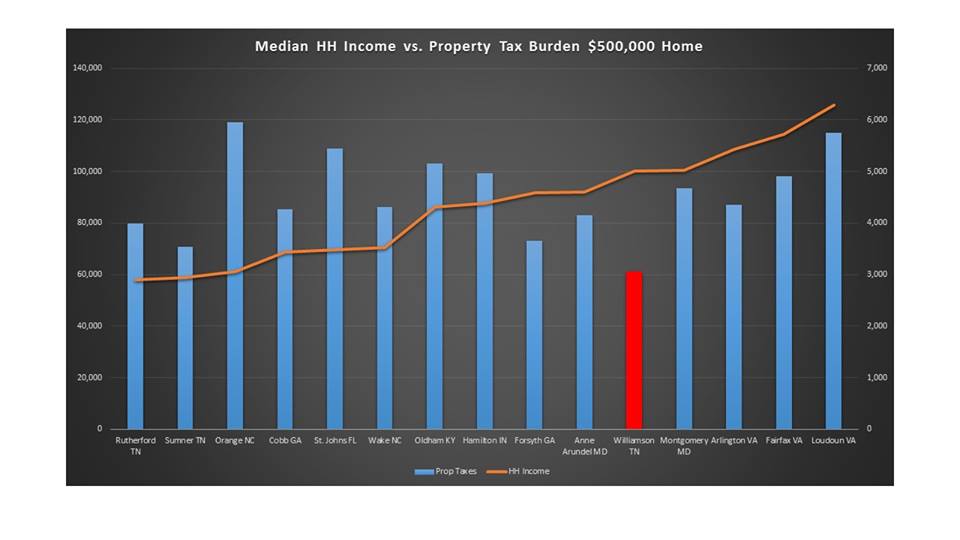Governor Haslam gave his State of the State Monday and outlined budget priorities. Immediately, the Tennessee Education Association called on the General Assembly to improve on the small raise Haslam proposed for teachers.
Here’s the deal: A few years back, Bill Haslam promised to make Tennessee the fastest-improving state in the nation in teacher pay. That very same budget year, Haslam’s actual budget included no new money for teacher compensation. Since then, however, his budgets have included back-to-back four percent increases in funds for teacher compensation. This year, however, the budget proposal is for a more modest two percent increase. Should this budget pass as proposed, Haslam’s education budgets will have resulted in average annual increases in funds for teacher pay of about two percent. That’s not much faster growth than surrounding states. In fact, during Haslam’s term of office, actual teacher pay in Tennessee has increased by about one percent per year, very similar to rates in Kentucky, Georgia, and Alabama.
Here’s what’s interesting: Tennessee teachers still earn about $3000 less on average than their counterparts in Georgia and Kentucky. But, our teachers are actually closing in on Alabama. Current numbers suggest Tennessee teachers earn about $300 less on average than Alabama teachers.
Of course, Alabama will pass a budget this year, too. And, it will likely include additional funds for teacher pay. But, if Haslam and the General Assembly were to double the amount of money allocated for increases in teacher compensation in this year’s budget, Tennessee would almost certainly overtake Alabama in average teacher pay.
Can we afford it? The short answer is yes! Revenue has been growing at about 5% this year when comparing year-over-year numbers. If that keeps up, we’ll see about $700 million in new revenue. Sure, some of that is allocated, but moving around $55 million to bump the teacher pay raise from two to four percent shouldn’t be that difficult. And, if we do it, Tennessee will beat Alabama.
I’ve lived in Tennessee almost 20 years now. If there’s one thing I know about my fellow Tennesseans it’s that we love to beat Alabama. Come on, Tennessee General Assembly. You can do it! You can help Tennessee beat Alabama.
Watch out, Kentucky and Georgia, you COULD be next!
For more on education politics and policy in Tennessee, follow @TNEdReport


